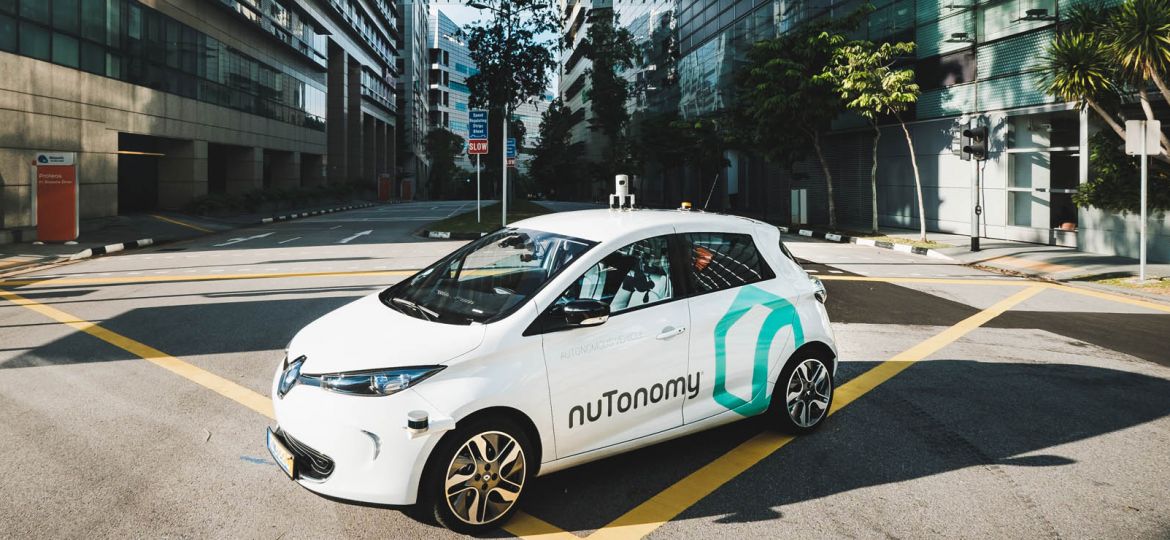
More and more places are trialling self-driving taxis, now it’s just a matter of time until the regulators approve the technology
Singapore just became the first country to actually implement self-driving taxis on the road for public use.
So far, nuTonomy – the company behind the cars and the app that hails them – has implanted six cars that can autonomously pick up passengers and deliver them to destinations, making them the first company to offer such technology to the public.
“We face constraints in land and manpower,” said Singapore’s permanent secretary for transport, Pang Kin Keong, “and we want to take advantage of self-driving technology to overcome such constraints, and in particular to introduce new mobility concepts which could bring about transformational improvements to public transport in Singapore.”
While the news is good for all you self-driving cars fans out there, there are, inevitably, some caveats, because the system is still in its testing phase. The cars, Mitsubishi i-Mievs and Renault Zoes, only traverse a 2.5 square mile region of Singapore known as One North, and there are special drop off and pick up zones that passengers must deal with. But probably the most intrusive aspect of the testing is that a driver is still actually in the car to make sure nothing crazy happens along the way, and a researcher is also present to keep tabs on all the systems. So, in a way, ‘driverless’ is a bit of misnomer for now.
“The pilot is going to allow us to collect technical data, but equally importantly, it’s going to allow us to find out if people enjoy riding in driverless cars,” said nuTonomy CEO Karl Iagnemma.
“When people get into the car, some will love it, some will be indifferent and some won’t like it. But how many won’t like it – 3 percent of the ridership, or 30 percent? We want to know that number.”
The good news is that riders who are lucky enough to use the service right now will ride for free while testing is happening, a little like those who get randomly selected to try out Uber’s self-driving car trial in Pittsburg, and the team hopes to eventually fill out their fleet by 2018 with many more drop off and pick up areas. Singapore’s real goal though seems to be to get cars off of the country’s crowded and overburdened streets.
nuTonomy’s COO Doug Park says that fleets of autonomous taxis might reduce the number of cars on the streets from 900,000 to 300,000, though how exactly that will pan out wasn’t specified.
“When you are able to take that many cars off the road, it creates a lot of possibilities. You can create smaller roads, you can create much smaller car parks,” he said, “I think it will change how people interact with the city going forward.”
nuTonomy was launched back in 2013 by MIT researchers Karl Iagnemma and Emilio Frazzoli, who at the time were working to develop autonomous vehicles for the Defence Department and it operates in both the US and Singapore, but the US is yet to approve public testing of the technology, which will likely be filled with mistakes and accidents before it’s fully functional.
No one knows how these trials will play out but it’s getting increasingly safer to say that the future of taxis will be driverless.
















